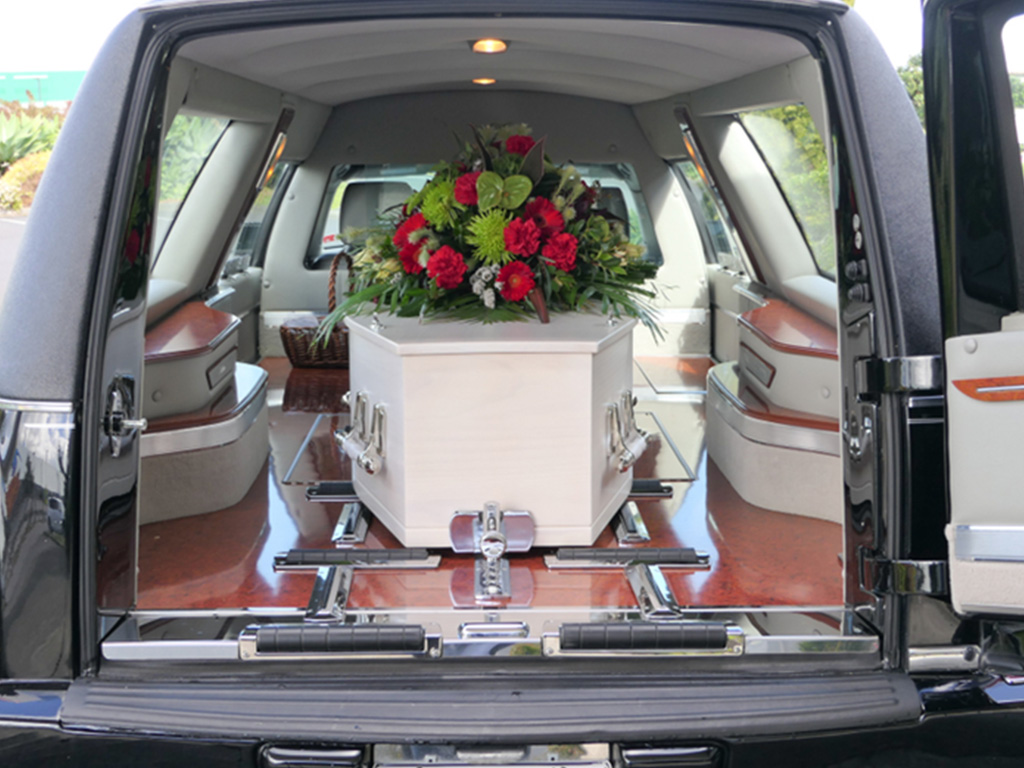
Australia is increasingly becoming more of a multicultural nation and this is impacting the ways we die and say goodbye.
Recently released data from the 2021 Australian Census revealed that our most common religions are now:
- Christianity (43.9%)
- No religion (38.9%)
- Islam (3.2%)
- Hinduism (2.7%)
- Buddhism (2.4%)
If you are attending a funeral, memorial service or wake with religious customs and cultural traditions that are unfamiliar from your own beliefs or background, having an understanding of what to expect and how to dress and behave will ensure you don’t upset your fellow mourner.
To help you feel more comfortable when attending a funeral from another culture or religion, here’s a guide to some of the different customs and traditions associated with death and funerals.
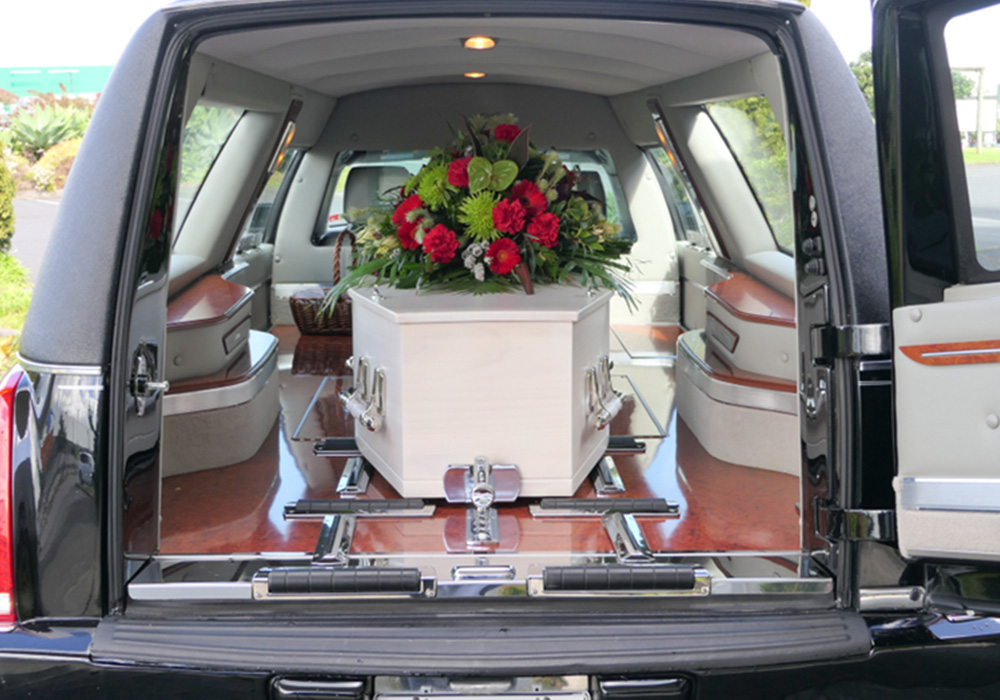
Christian Funerals
Although there is a wide range of interpretation of the meaning of the Bible within the different denominations of the Christian faith, the core of the Christian faith is belief in an afterlife. For Christians, death isn’t something to be feared as they believe they will meet with God and Jesus in heaven after death, as well as other Christians who have already died.
Christian funeral services in Australia are therefore usually held in a church, conducted by a priest or a minister of the clergy and include readings from the Bible, prayers and hymns.
Most Christians can be cremated or buried as the Bible does not specifically ban cremation, however the more conservative diocese of the Catholic Church sometimes still stipulate that ashes must be buried, rather than scattered, after cremation.
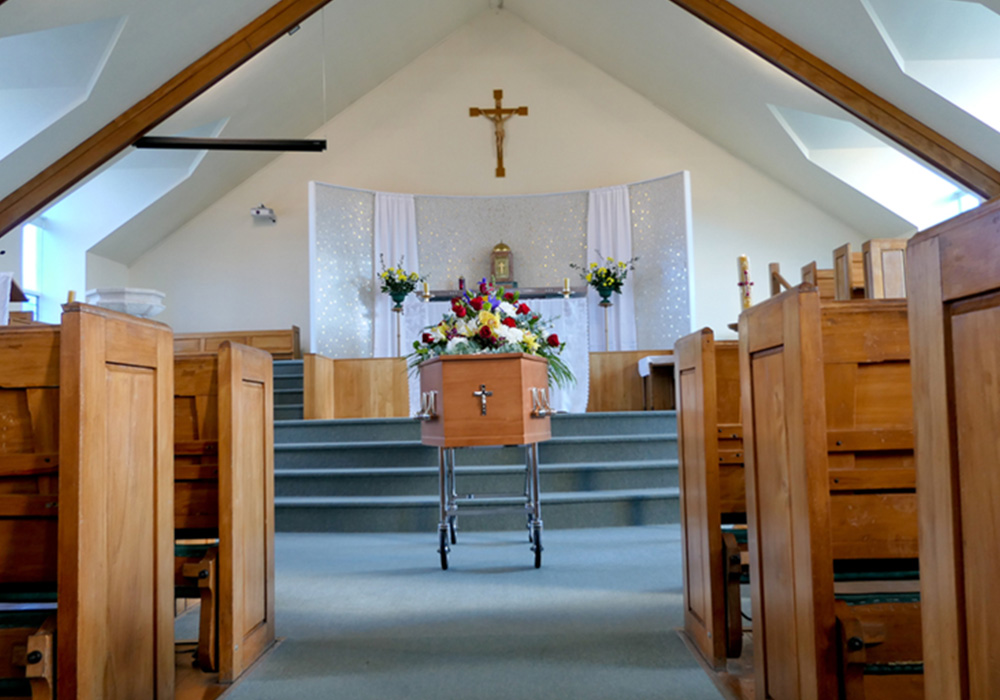
Secular and Non-religious Funerals
Nearly 40% of Australians now identify their religious beliefs as “no religion” at all. So, what type of funeral service and wake do you have if you have no religious beliefs?
Non-religious funeral services are a great opportunity to really “go your own way” and create a highly personalised farewell and wake. This type of farewell is usually led by a funeral celebrant and while it can be held in a non-religious chapel at a crematorium, many people nowadays prefer to hold it in a location of significance to the person who has died, such as at the beach, in a park, at a surf club or even at the family home.
All aspects of the service can be personalised and directions will usually be given regarding colour to wear – usually not black. Music choices are often more contemporary and readings may be a favourite poem or quote. There may be several eulogies and video or photo presentations.
Personalised or environmentally friendly coffins and urns are also increasingly becoming popular too.

Islamic Funerals
Like Christians, Muslims have a strong belief in life after death and take comfort in the belief that they will see their loved ones once again in Paradise. They believe death is predetermined by Allah (God), and the exact time of a person’s death is known only to Him, with death marking a transition between the material realm and the unseen world.
There are four stages to a Muslim burial, which is known as the ‘Janaazeh’, with the funeral and burial usually occuring within a day after death.
Stage 1 – Ghusl – washing the body. Once a person dies the body is taken to a mosque where family members and members of the mosque wash it. Immediately after death the eyes and mouth of the deceased are closed and their body is covered with a sheet with their head positioned to face Mecca. The body is cleansed at least three times, either by their spouse or a same sex family member.
Stage 2 – Kafan – shrouding the body. The body is covered in plain shrouds; three pieces for men and five for women.
Stage 3 – Solaah Jonazah – the prayer. At the funeral prayers are said so Allah can give forgiveness to the deceased and safe passage into the afterlife. The Imam will pray facing the body, with men standing behind and women watching from a separate area. The whole community participates in a Muslim funeral at the masque and the service is quiet and brief, comprised of prayers, rituals, and rites with no eulogy.
Stage 4 – Dafnul Mayit – the burial. Muslims believe the body can still feel what is being done to it, even in death, so the body is treated with great care as it is transported from the mosque in a coffin. At the grave the body is taken out of the coffin and laid on its right side facing Mecca in a grave dug parallel to Mecca. An Imam will pray again at the grave and planks of wood will be laid over the body so dirt cannot touch it.
Cremation is usually forbidden, unless the person died due to a contagious disease.
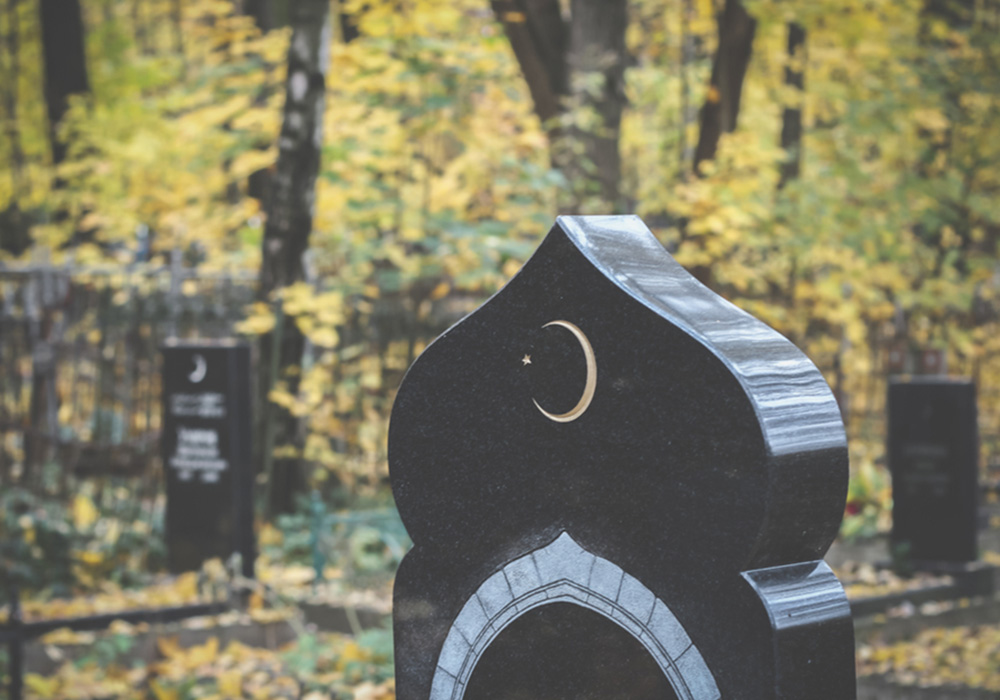
Hindu Funerals
Hindus believe that after someone dies their soul is reborn into another body according to karmic deeds, with the ultimate goal of Moksha, which is when the cycle of death and rebirth ends and you finally join God.
When a person of Hindu faith dies they are ideally cremated within 24 hours. The family then collects the ashes and places them in a river or ocean – in India, the ashes would be scattered into the Ganges.
During the funeral people dress in white or colourful clothing to celebrate the life of that person and they sing Bhajans (Hindu prayers).
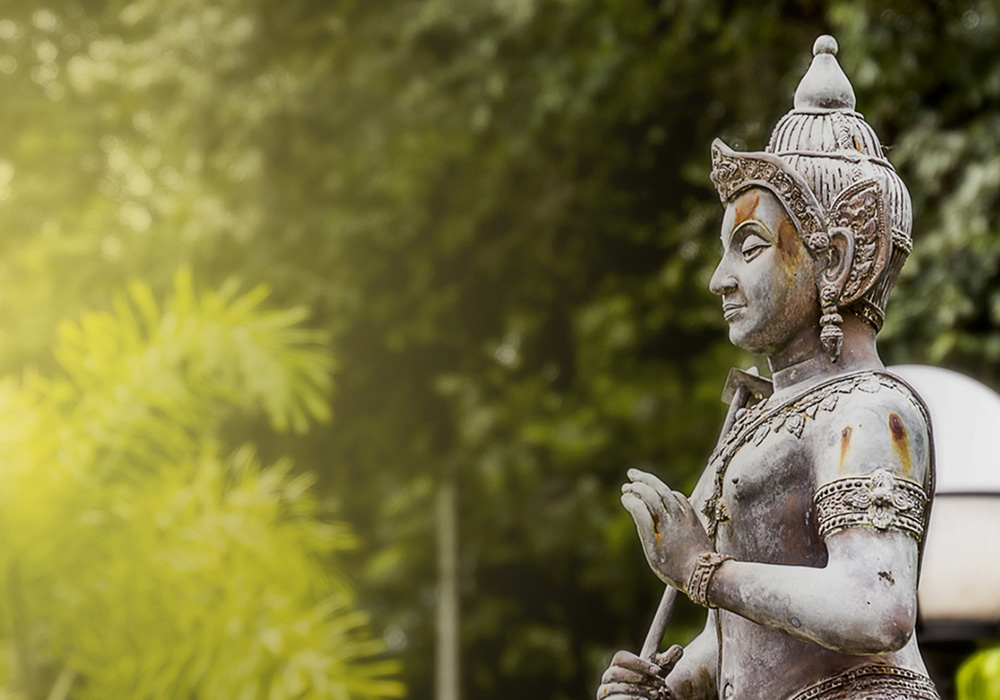
Buddhist Funerals
Because Buddhism is practised across many different countries and cultures, Buddhists from different cultural backgrounds conduct funeral services in different ways.
All Buddhists believe that death is only an end to the physical body of the person who has died and that their spirit continues after death, when they may be reborn. This life and death cycle is called Samsara with the ultimate goal to reach enlightenment and escape continually being reborn.
Buddhist funerals are usually simple and dignified, held at a Buddhist temple or at a family home with monks chanting, reading sermons and delivering eulogies.
Although cremation and burial are both acceptable, the majority of Buddhists choose cremation because they believe that several stages of life called bardos continue for hours or days after the body dies. This is the reason why cremation does not take place right away.
Buddhist funeral services are usually held on the third day after death, either in a monastery or at the family home. Buddhist monks lead the ceremony, reading sermons, burning incense and leading chants or sutras (Buddhist funeral prayers).
White is the traditional colour to wear to a Buddhist funeral and simple, unadorned clothing is prefered.
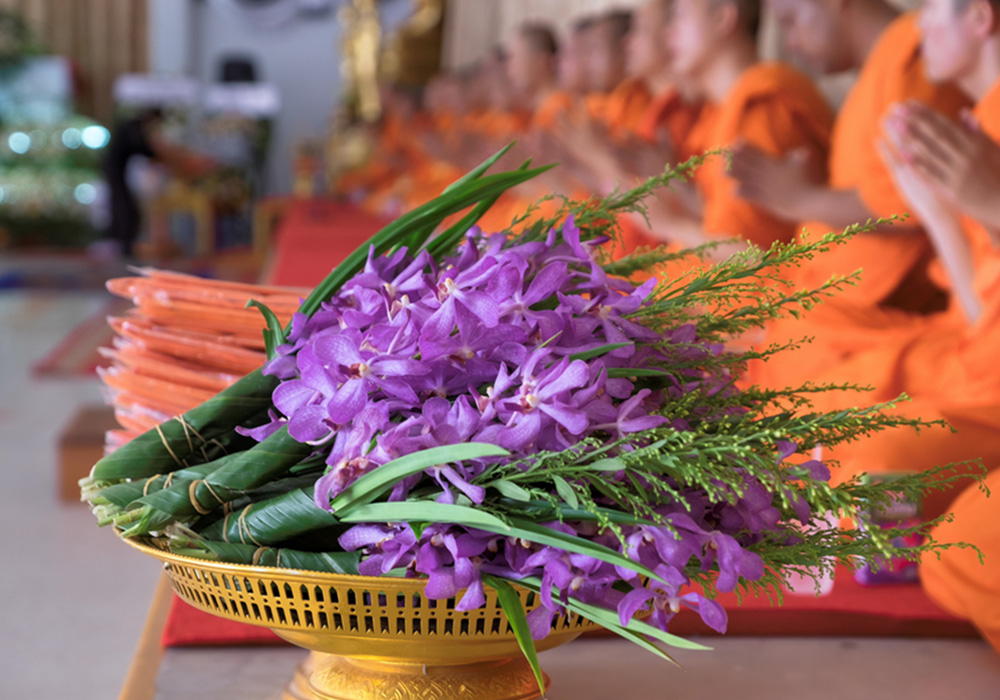
Jewish Funerals
Jewish people have varying beliefs when it comes to the afterlife. Although orthodox Judaism maintains a belief in the future resurrection of the dead as part of the messianic redemption, the Hebrew Bible never mentions heaven nor hell, instead referring to “sheol”, a dark underworld where everyone goes after death.
In Judaism, funerals are usually held within 24 hours after death, with a short service of various prayers, psalms and hymns led by a Rabbi at a synagogue, a funeral home or a grave site.
After death, the body is washed thoroughly and it is guarded or watched from the moment of death until after burial. Burial is in a simple pine coffin, with the deceased wearing a simple white shroud (tachrichim).
After the burial, It is a tradition to have a get together after where food and drink is typically served. The family then sits Shiva (in mourning), a time when family and friends visit to pay their respects and remember the person who has died. Traditionally lasting for seven days, some Jews now sit Shiva for three days or even just one day. Traditional Jews cover all mirrors during this time and sit on Shiva benches. Jews do not send flowers, bringing food to the family instead.
The Jewish faith does not traditionally support cremation, preferring burials in most circumstances.
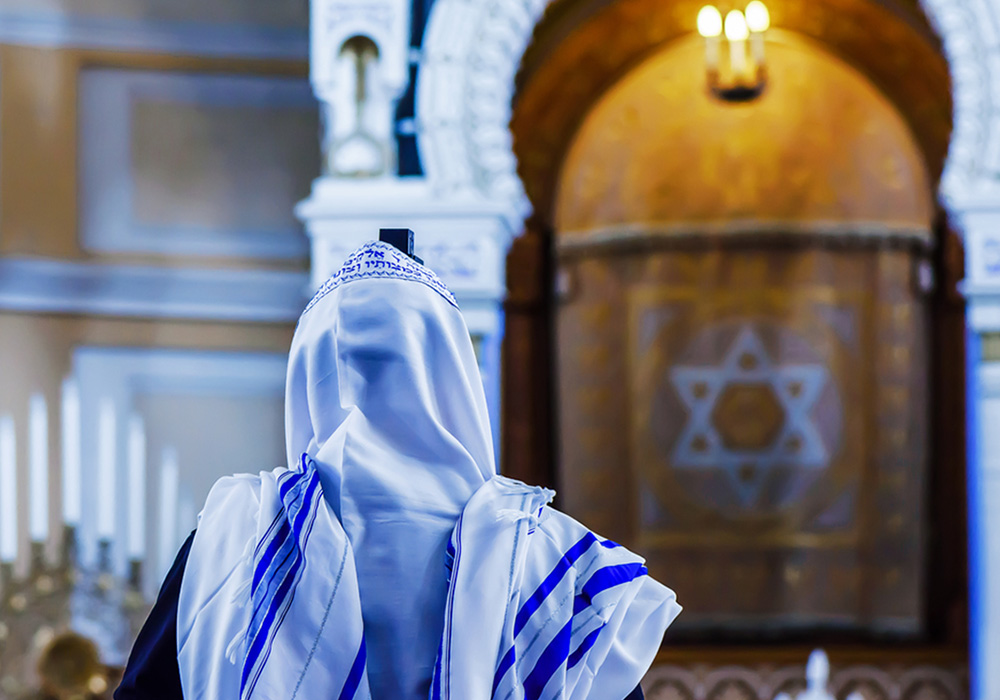
Multicultural Funerals in Australia
At Funerals by Design we can help you to say goodbye in a way that truely honours and reflects your own cultural and religious beliefs.
We are happy to help organise a funeral service and/or wake for a loved one who belonged to a multicultural community, had a particular religious belief or if they identified as no religion and you’re looking for help with creating a highly personalised funeral, memorial service or celebrations of life.
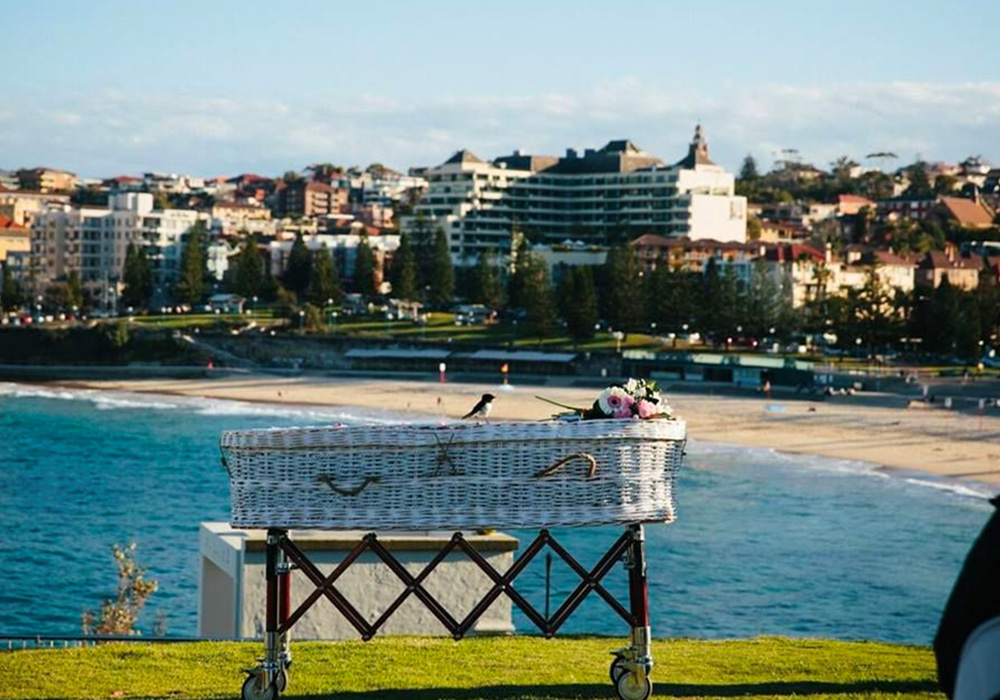


 0412 269 049
0412 269 049